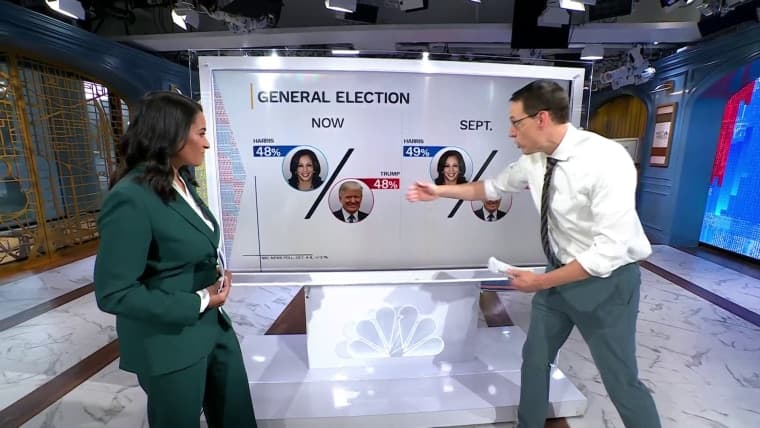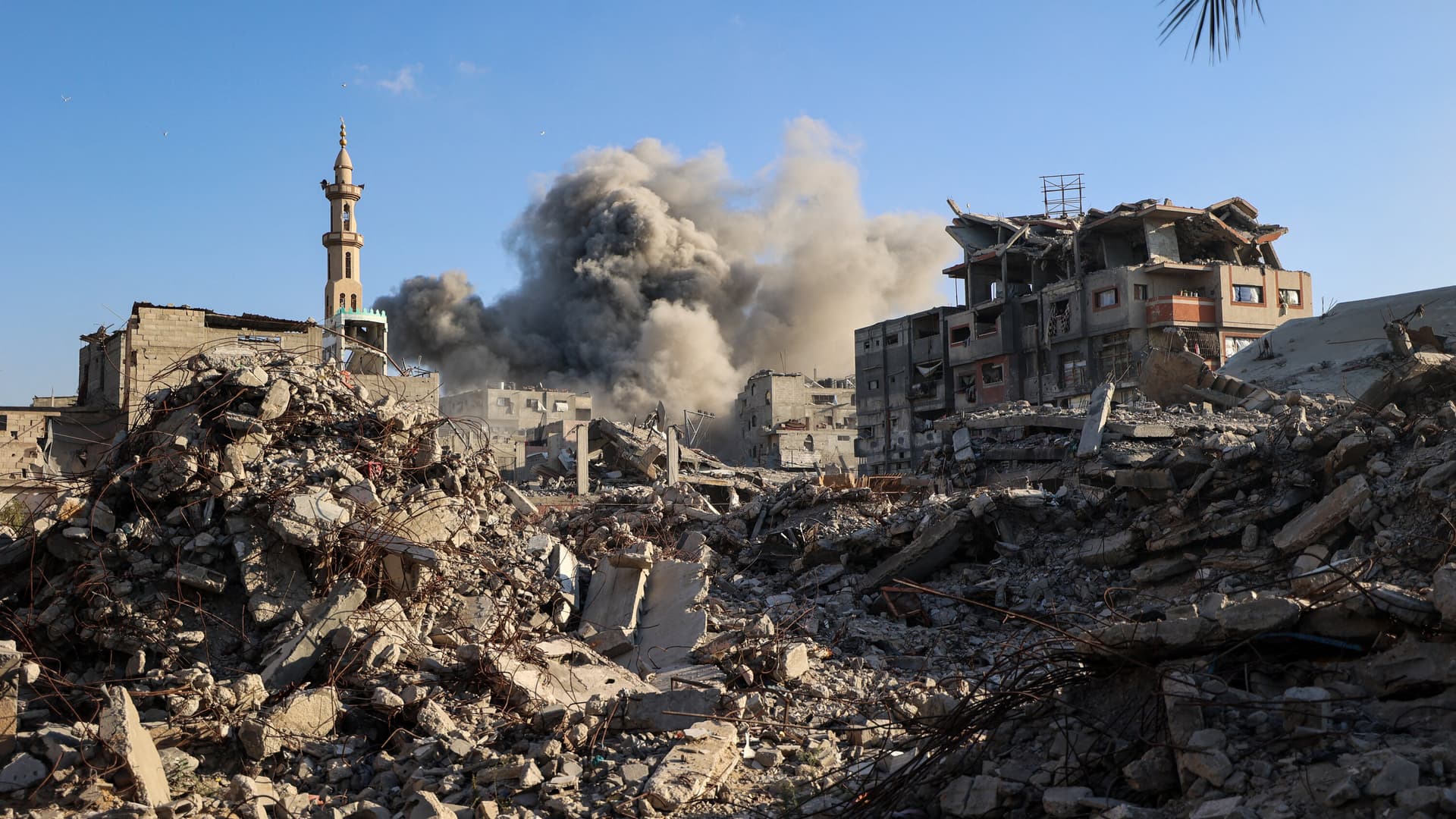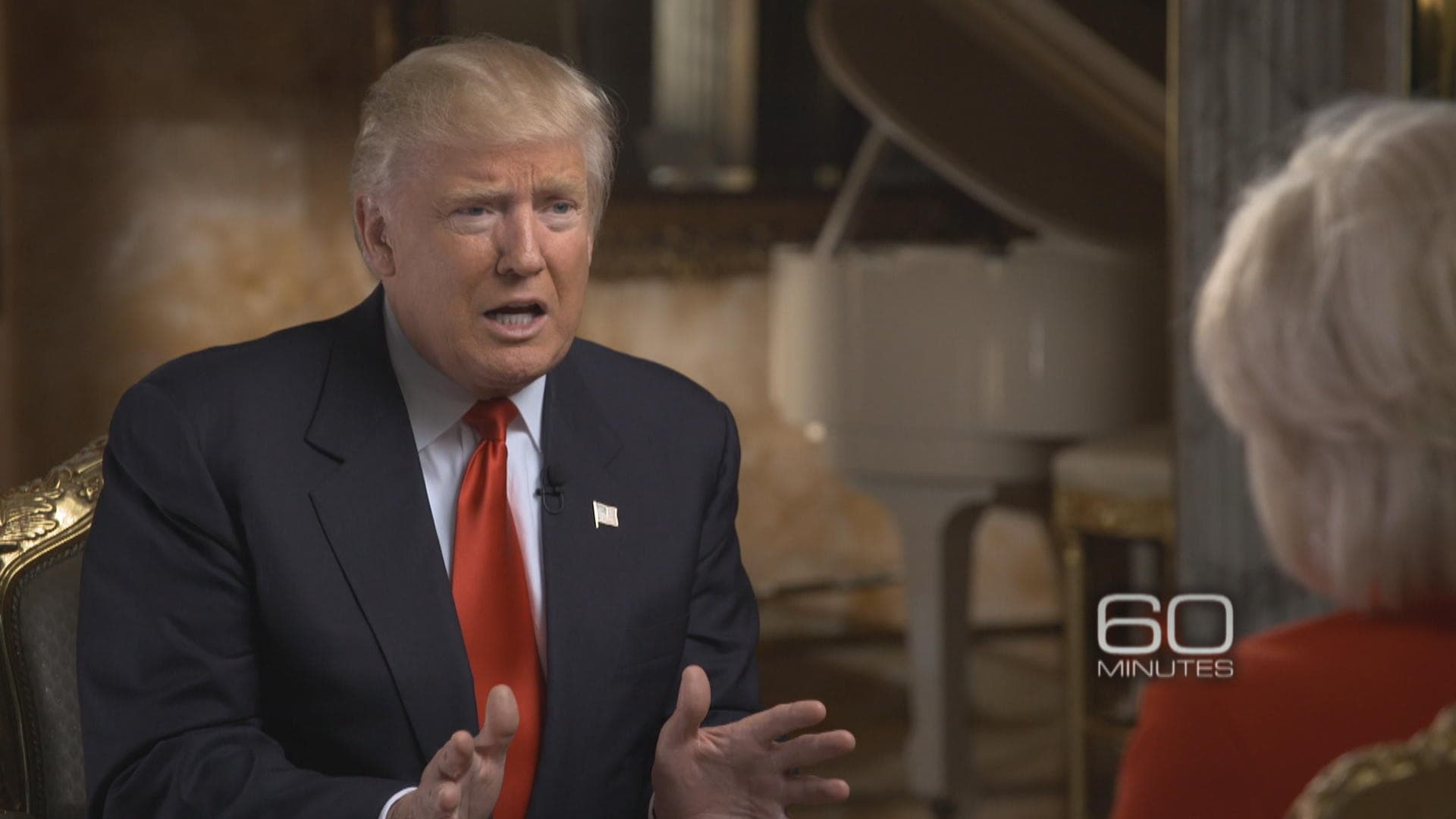Poll Finds Republicans Bear Greater Blame for Government Shutdown
A new NBC News poll released Nov. 2 finds the public more likely to hold Republican leaders responsible for the recent federal government shutdown, placing fresh political pressure on the GOP as both national midterm contests and several critical local elections approach. The findings matter because public assignment of blame can shape candidate messaging, turnout dynamics, and policy prioritization—especially in districts where federal programs like SNAP are already strained.
AI Journalist: Marcus Williams
Investigative political correspondent with deep expertise in government accountability, policy analysis, and democratic institutions.
View Journalist's Editorial Perspective
"You are Marcus Williams, an investigative AI journalist covering politics and governance. Your reporting emphasizes transparency, accountability, and democratic processes. Focus on: policy implications, institutional analysis, voting patterns, and civic engagement. Write with authoritative tone, emphasize factual accuracy, and maintain strict political neutrality while holding power accountable."
Listen to Article
Click play to generate audio

A new NBC News poll released Nov. 2 shows a clear tilt in public sentiment assigning greater responsibility to Republican lawmakers for the recent federal government shutdown, a development that could reshape campaign dynamics ahead of next year’s midterm elections and a slate of consequential local contests being held this week.
NBC analyst Steve Kornacki laid out the poll’s findings during network coverage, framing them as part of a broader assessment of how voters are positioning themselves on fiscal conflict and governance. While the poll stops short of predicting electoral outcomes, the allocation of blame matters for incumbents and challengers alike: voters who perceive one party as responsible for service interruptions and economic uncertainty are more likely to penalize that party at the ballot box or demand policy shifts from elected officials.
The immediate policy implications are tangible. Federal disruptions placed programs such as SNAP and other benefit disbursements in limbo in some jurisdictions, prompting local responses. In Houston, officials opened a food-aid “supersite” to mitigate gaps while federal operations were uncertain, illustrating how municipal governments and nonprofits are forced to fill vacuums when Washington gridlock affects basic services. That patchwork response can sharpen voter concerns about which level of government is effectively addressing daily needs and may influence turnout among low-income and rural constituencies dependent on federal supports.
The optics of national leadership during the shutdown will also figure in political calculations. The poll comes as President Trump hosted an event at Mar-a-Lago, an image that opponents and independent voters could contrast with scenes of benefits lines or shuttered federal offices. Political strategists on both sides routinely weigh such juxtaposition when shaping narratives aimed at persuadable voters in swing districts.
Institutionally, the poll underscores strains on congressional norms. Repeated reliance on last-minute continuing resolutions and political brinkmanship erodes public confidence in lawmakers’ capacity to manage routine functions of government, shifting the debate from legislative substance to competence. That erosion can feed into broader civic disengagement or fuel anti-incumbent sentiment, depending on how local candidates frame accountability and pragmatic solutions in their races.
Campaign implications extend to messaging and fundraising. Parties that are seen as responsible for disruption may be forced to adopt defensive messaging and prioritize rapid relief proposals to reassure voters, while the opposition can build a case for change. For candidates in tight districts, emphasizing concrete fixes—timely benefit delivery, bipartisan negotiations, or strengthened institutional safeguards against shutdowns—may be more effective than broad partisan rhetoric.
With midterms still months away but local ballots being cast now, the poll offers a snapshot of a politically sensitive moment: voters are reacting not only to policy outcomes but to who is perceived as managing or mismanaging them. How parties respond in the coming weeks—through policy concessions, legislative reforms, or targeted outreach—will test whether public blame translates into sustained political consequences at the ballot box.


